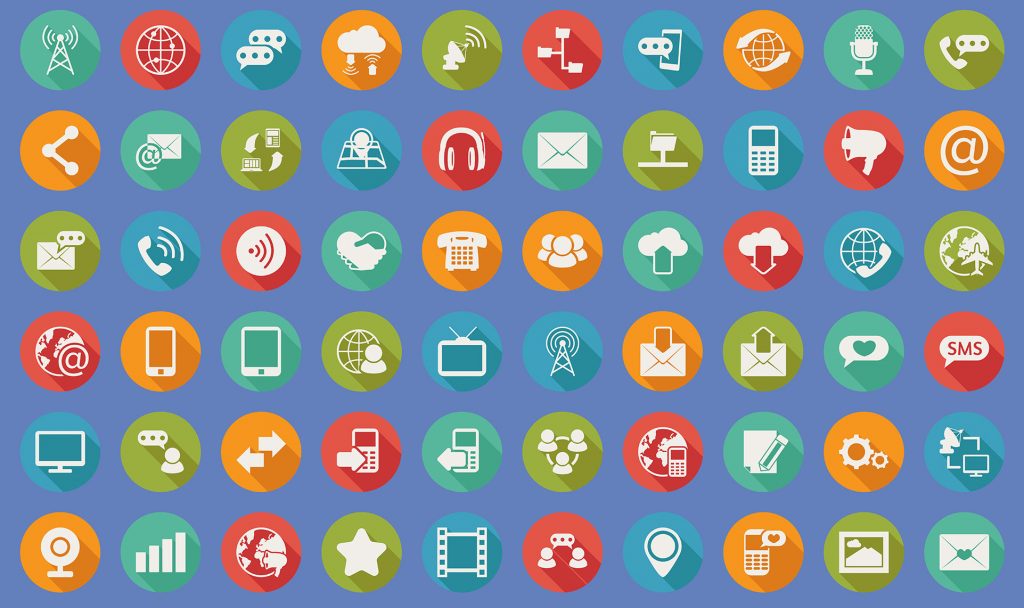
Science Knowledge Accumulated & Revised Information


Science Knowledge Objectives
-
Provide examples of different forms of science media, and distinguish between primary and mediated experiences.
-
Distinguish between data, information, knowledge and wisdom and provide examples of each.

Media are forms of communication, the ways we store and deliver information. Media can range from writing an idea on the back of a napkin to writing a blog, or producing a video. In each case, there is a message communicated within a media form.
This video provides an overview of media, including the distinction between primary and mediated experiences.

Living with Media
Portable technologies like smart phones, tablets, and laptops enable us to fluidly move between the two forms of media use: accessing information to learn from other people and creating media to communicate with other people.

Visual Media
This includes photos, paintings, sketches, video, animations, simulations, TV, movies, and more. Visual media has the advantage of attracting and holding attention, particularly if there is motion or novel elements. Disadvantages include the difficulty in making visual media and accessibility for individuals with limited vision.
Sound Media
This includes audio recordings, radio broadcasts, phone calls, and more. An advantage of sound media is authenticity, the brain perceives that sounds represent the real world. Effective sound experiences can be challenging to produce and relay a limited amount of information.


Print Media
This includes books, brochures, posters, advertisements, exams, quizzes, handouts, and more. Printed media has a tactile (touch) component that indicates substance and ownership. Limitations include cost, resource use, and information limited by the size and quality of the printed material.
Digital Media
This includes websites, video games, emails, texts, and more. Digital media is becoming much easier to create with portable technologies, and can encompass multiple forms of media. Digital media can be easily lost when technologies upgrade, so there is a perception of impermanence and inauthenticity.

Media is used to communicate data, information, knowledge, and wisdom.

We are continually picking up raw data with our senses and processing it to see if any of it is new information, or confirms information we already have. Once processed, this information can develop into knowledge, and knowledge from multiple sources becomes the wisdom we use to make decisions.
This video defines data, information, knowledge, and wisdom.
We are continually looking for information in raw data to acquire knowledge about a situation that may develop into wisdom for future use.

Data
Data are observed facts that are unprocessed and unorganized. Data lacks context and interpretation. Examples include objects, amounts, and measurements.
Information
Information is making inferences from data, determining what is new and what confirms existing information. Information is placing data in the context of answering questions, so this is assigning purpose to the data. Information includes notes, figures, and charts.


Knowledge
Knowledge is the synthesis and structuring of information from multiple sources to develop a more complete understanding of a phenomenon. Knowledge can make information actionable, the information can be used to answer questions and solve problems. Examples of knowledge are formulas, theories, and laws.
Wisdom
Wisdom is integrating different knowledge bases and evaluating them. Wisdom is knowing what to do with the knowledge in different situations, when the knowledge is appropriate, or where more data collection is needed. Wisdom encompasses many bodies of work.

Developing knowledge about species how species change over time requires considering the species they interact with. The next sections explores coevolution between species.

Check your knowledge. Can you:
-
provide examples of different forms of science media, and distinguish between primary and mediated experiences?
-
distinguish between data, information, knowledge and wisdom and provide examples of each?



